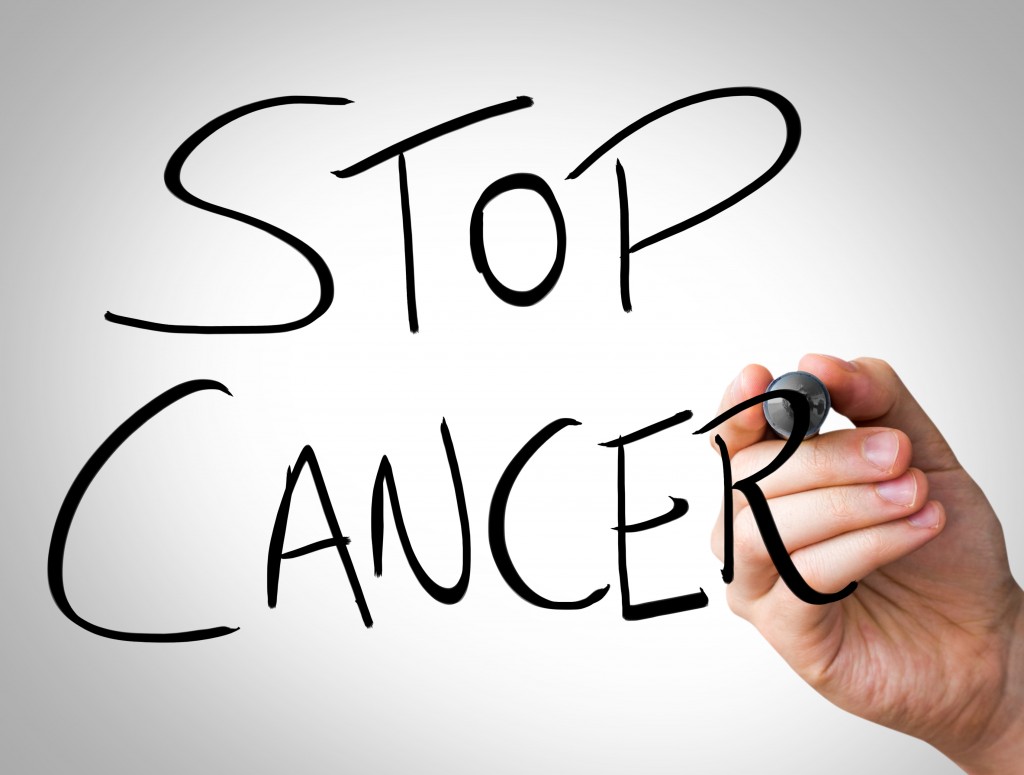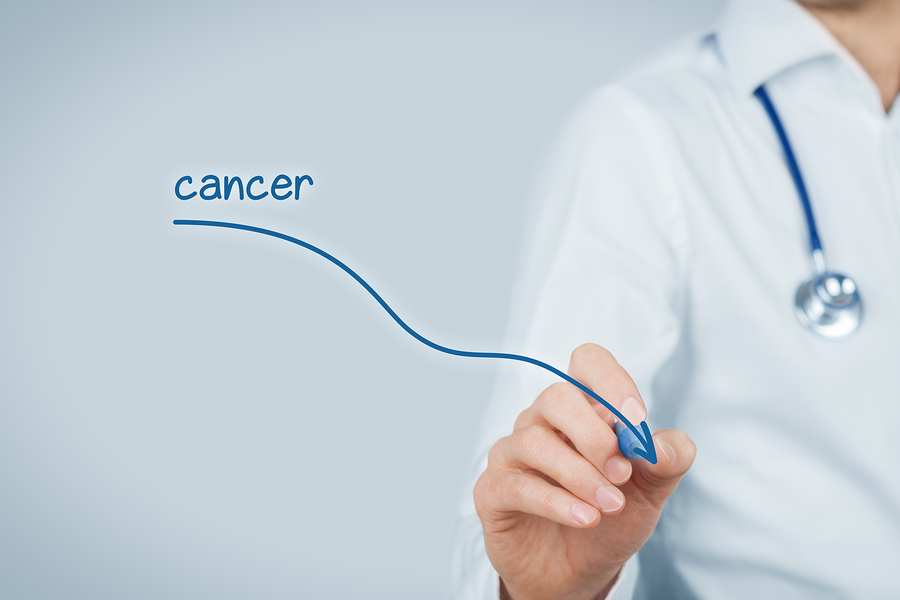- Make It Yourself Lavender Heart-Shaped Bath Bombs!
- 20 Things You Never Knew About “Down There”
- 12 Best Foods For Those Suffering From Arthritis Pain
- 12 Personal Hygiene Mistakes Almost Everyone Makes (Mom Never Told You About #4!)
- 15 Medicinal Plants And Herbs From The Cherokee People
- 12 Mind-Blowing Benefits Of Drinking Coconut Water During Pregnancy
- 12 Outstanding Winter Foods That Won’t Fatten You Up Like A Christmas Turkey
You Never Expected This Drink Would Increase Your Risk Of Cancer

Photo credit: bigstock.com
Alcohol is an integral part of daily life for billions of people around the world. For thousands of years, people have used different types of alcoholic beverages for various reasons, ranging from purely recreational and social gatherings to religious rituals. From wine and whisky, to beer, vodka and sake, alcohol consumption is so deeply embedded in cultures around the world that it is quite difficult to imagine life without it.
Everyone knows, of course, that there are risks associated with alcohol abuse. Most people acknowledge the possibility of drunkenness, hangovers, and everything that comes with that, and it is possible to develop an dependency on it, which leads to a plethora of other health complications. But did you know that drinking alcohol may increase your risk of developing cancer? New research shows that regular alcohol consumption appears to correlate with increased risk of several types of cancer. In this article, we’ll explore why this is, and tell you what you can do to minimize your risk.
The National Toxicology Program at the US Department of Health and Human Services issued a document called the Report on Carcinogen, in which it listed alcohol as a “known human carcinogen.” According to the report, the greater the quantity of alcohol consumed, the greater the risk of developing cancer at some point in life. According to data from 2009, approximately 3.5 percent of cancer deaths in the United States were tied to alcohol.
The way that drinking alcohol increases the risk of developing cancer has a lot to do with what happens when alcohol is broken down in the body. The process of metabolizing ethanol (the type of alcohol found in alcoholic beverages) produces a chemical called acetaldehyde. This chemical has been linked to DNA damage in the cells, which can increase the risk of cancer developing.
Continue to Page 2

Photo credit: bigstock.com
Another significant factor is that breaking down alcohol produces reactive oxygen species which cause cellular damage via oxidation. Alcohol has also been linked to increased levels of estrogen (a female sex hormone) and an impaired ability to absorb nutrients from dietary sources.
There are also some chemicals found in some types of alcohol which are classified as carcinogenic in their own right, including hydrocarbons, nitrosamines and even fibers of asbestos. It is believed these contaminants are introduced to the beverage during the production of the alcoholic products.
What types of cancer are you talking about?
1. Breast cancer
Remember how alcohol increases levels of estrogen in the body? Well, it turns out there is link between this and an increased risk of developing breast cancer. There have actually been over 100 epidemiological studies exploring the relationship between breast cancer and alcohol consumption in women. A meta-analysis of about half of these studies (53) found that overall, women who consumed over 45 grams of alcohol per day (around three or more drinks) were 1.5 times as likely to develop breast cancer versus those who drank no alcohol. The researchers found that for each 10 grams of alcohol consumed, there was 7 percent increase in the chance of developing breast cancer – a small, but statistically significant amount.
2. Colorectal cancer
Several studies have found a connection between regular alcohol consumption and an increased risk for men of developing cancer in the colon or rectum. A study published in a 2004 issue of Nutrition and Cancer found that men who drank one or more alcoholic drink per day had a 70 percent higher chance of developing colon cancer versus those who abstained from alcohol completely. Interestingly, it did not seem to matter what type of alcohol was consumed. All findings suggested that just alcohol itself was the main culprit.
Continue to Page 3

Photo credit: bigstock.com
3. Mouth and throat cancer
Studies have shown that alcohol consumption is linked to a higher chance of developing cancer in the mouth, larynx (voice box) and pharynx (throat). This ties back to the toxic chemical acetaldehyde that was mentioned earlier. While the majority of alcohol metabolism occurs in the liver, it can begin in the mouth and throat as well, and when this metabolite is produced as a result of this process, it can increase the likelihood of developing cancer in the mouth and throat regions (it increases the chances of cancer in the liver as well). According to studies, those who consumed 50 or more grams of alcohol or more per day were two to three times more likely to develop cancer in one of these regions. This risk was significantly elevated among people who used tobacco products in addition to alcohol.
Alcohol is not radioactive. You are not guaranteed to get some form of cancer because you enjoy a beer every now and then, and indeed, some alcoholic drinks like red wine actually have some health benefits. Alcohol is not nearly as dangerous as, say, smoking cigarettes when it comes to cancer risk.
READ ALSO: How Alcohol Affects The Body Infographic
If you lead a physically active life and eat a healthy diet low in sugars and unnatural fats, it is likely that this will more than offset the risk of enjoying a glass of whiskey on occasion. All this information means is that you should drink alcohol in moderation. Too much of anything is not good, and you probably already knew that alcohol was no exception; now you just have another reason why.
Drink and enjoy alcohol responsibly.
References:

































Anto
Nov 3, 2016 at 3:37 pm
“If you lead a physically active life and eat a healthy diet low in sugars and unnatural fats,…”
And if all you’re body’s defence mechanisms aren’t already working flat out to protect you from environmental toxins and food additives and pesticides in food and toxic people in your life and …..
… then you can afford to have the occasional drink of alcohol.
But, if you’re like most of us and your defences are already working up near the limit to protect you, it may be that there’s just not the capacity to remove another single cancer cell from your system, that one drink will produce the first cancer cell in the tumour that metastasises and turns you into a chemo/radio patient, and then kills you.
Bottoms Up!